Aquinass Theory of Natural Law:
An Analytic Reconstruction
Anthony J. Lisska
(p.ii) (p.iii) Aquinass Theory of Natural Law
.gif)
(p.iv) This book has been printed digitally and produced in a standard specification in order to ensure its continuing availability
.gif)
- Great Clarendon Street, Oxford OX2 6DP
- Oxford University Press is a department of the University of Oxford.
- It furthers the Universitys objective of excellence in research, scholarship,
- and education by publishing worldwide in
- Oxford New York
- Auckland Bangkok Buenos Aires Cape Town Chennai
- Dar es Salaam Delhi Hong Kong Istanbul Karachi Kolkata
- Kuala Lumpur Madrid Melbourne Mexico City Mumbai Nairobi
- So Paulo Shanghai Singapore Taipei Tokyo Toronto
- Oxford is a registered trade mark of Oxford University Press
- in the UK and in certain other countries
- Published in the United States
- by Oxford University Press Inc., New York
- The moral rights of the author have been asserted
- Database right Oxford University Press (maker)
- All rights reserved. No part of this publication may be reproduced,
- stored in a retrieval system, or transmitted, in any form or by any means,
- without the prior permission in writing of Oxford University Press,
- or as expressly permitted by law, or under terms agreed with the appropriate
- reprographics rights organization. Enquiries concerning reproduction
- outside the scope of the above should be sent to the Rights Department,
- Oxford University Press, at the address above
- You must not circulate this book in any other binding or cover
- and you must impose this same condition on any acquirer
Dedication
(p.v) TO PROFESSOR HENRY BABCOCK VEATCH
Whose work in Aristotelian moral theory
has greatly assisted all of us
who have worried about
the structure of the arguments
necessary to spell out the important claims
in natural law moral theory,
this book is gratefully dedicated
Contents
(p.vi) (p.vii) Preface
This book, like so many studies undertaken by philosophy professors, has been a long time in the making. It began some ten years ago when my interests in medieval philosophy, especially in Thomas Aquinas, led to an attempt at rethinking Aquinass moral theory. Having undertaken advanced philosophical work in both classical scholasticism and analytic philosophy and being a philosopher interested in the major issues of medieval philosophy, often I used the tools of analytic philosophy to help make sense of the arguments found in medieval philosophy texts. Major projects directed towards the texts of Aquinas dealing both with perception theory and with natural law moral theory were undertaken. Long convinced that there are important philosophical chestnuts in these texts of Aquinas, I have wrestled with them in order to provide clearly articulated conceptual analyses of Aquinass work. The goal has been to render an account of Aquinas which is understandable to philosophers well versed in what is generally known as the analytic tradition in English language philosophy.
Another point must be noted. Prior to all of this cognitive effort blending analytic philosophy with classical scholasticism, however, was the experience of a young philosophy student who read for the first time Thomas Aquinass Commentary on the Nicomachean Ethics. That reading had a profound existential influence on this student who, of course, is the author of this book in that for once in his life, a moral theory actually made philosophical sense. This initial reading came under the watchful eye of C. I. Litzinger, OP, in whose classes we used early drafts of the texts which eventually became his monumental translation and publication of Aquinass Commentary. Later this student, reading analytic philosophy, ran into the pitfalls brought against natural law theory, especially by contemporary meta-ethical discussions so dependent upon G. E. Moores naturalistic fallacy. The issues posed so stridently by the author of the Principia Ethica and by his philosophical ancestor, David Hume (did the naturalistic fallacy really refute Aristotle and Aquinas so easily?) (p.viii) would not go away. This confrontation of analytic meta-ethics through its questioning of the foundations of ethical naturalism with Aquinass insightful commentary on what counts for a morally virtuous life, prompted a long set of worries about the philosophical cogency of Aristotelian and Aquinian ethics. How might Aquinass moral theory be reconstructed, if such a case were possible, in order to surmount the dominant anti-naturalism of analytic meta-ethics? These problems with ethical naturalism so common to analytic philosophy serve as the intellectual backdrop for this book.
The first formal attempt to elucidate a reconstruction of Aquinass theory of natural law came in 1981 with an invitation to deliver the annual Aquinas Lecture at the Josephinum School of Theology. What remains of that initial attempt at a revised meta-ethical analysis of natural law theory in Aquinas, long since expanded, modified, and developed, comprises Chapter of this book. The key concepts found in this chapter served as the basis for a 1995 Smithsonian Lecture in Washington, DC.
A wonderful sabbatical in 1984 provided the opportunity to read and study philosophy at the University of Oxford during Hilary and Trinity terms. There I attended the lectures of John Finnis, Ronald Dworkin, John Ackrill, Michael Woods, Dorian Scaltis, Brian Davies, and, in particular, Herbert McCabe, who delivered thoughtful Blackfriars' Lectures on Aquinass moral theory. During this time, Brian Davies, the book review editor for New Blackfriars, asked that I review John Finniss Fundamentals of Ethics. To be introduced seriously to Finniss revisionist treatment of Aquinass theory of natural law added an important dimension to my ongoing research into Aquinass moral theory. About this time, I also began to reread carefully the work of Henry Veatch on Aristotle, Aquinas, and natural law. This project now had a new wrinkle, however, brought about through the attempt to reconcile Finnis and Veatch on the nature and structure of natural law theory in Aquinas. Several years research efforts have gone into the project of sorting out the conceptual similarities and differences between Finnis and Veatch. The conceptual differences in interpretation and analysis of Aquinas on natural law, which Finnis and Veatch offer, are referred to often throughout this book.
An article, assorted book reviews, and several papers read at professional meetings evolved and developed from the discussions and , first took written form in a paper read at a regional meeting of the American Catholic Philosophical Association. Several issues discussed in parts of this book appeared in various book reviews on natural law, on rights theory, on Finnis, and on Veatch which were published in


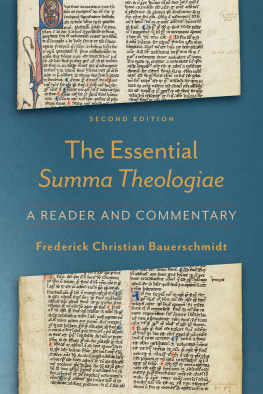
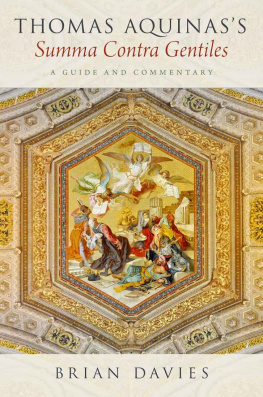
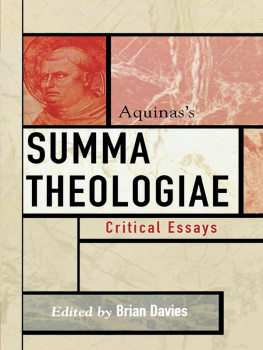
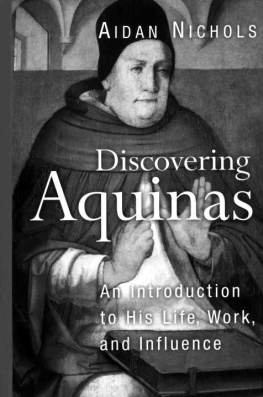
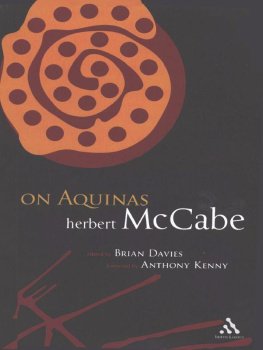
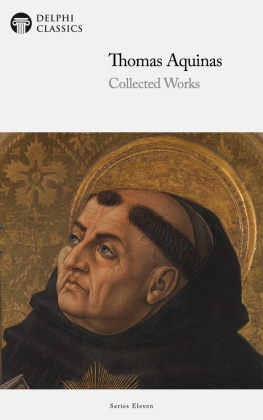
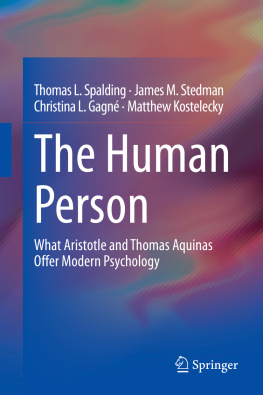
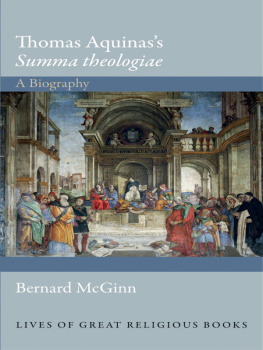
.gif)
.gif)